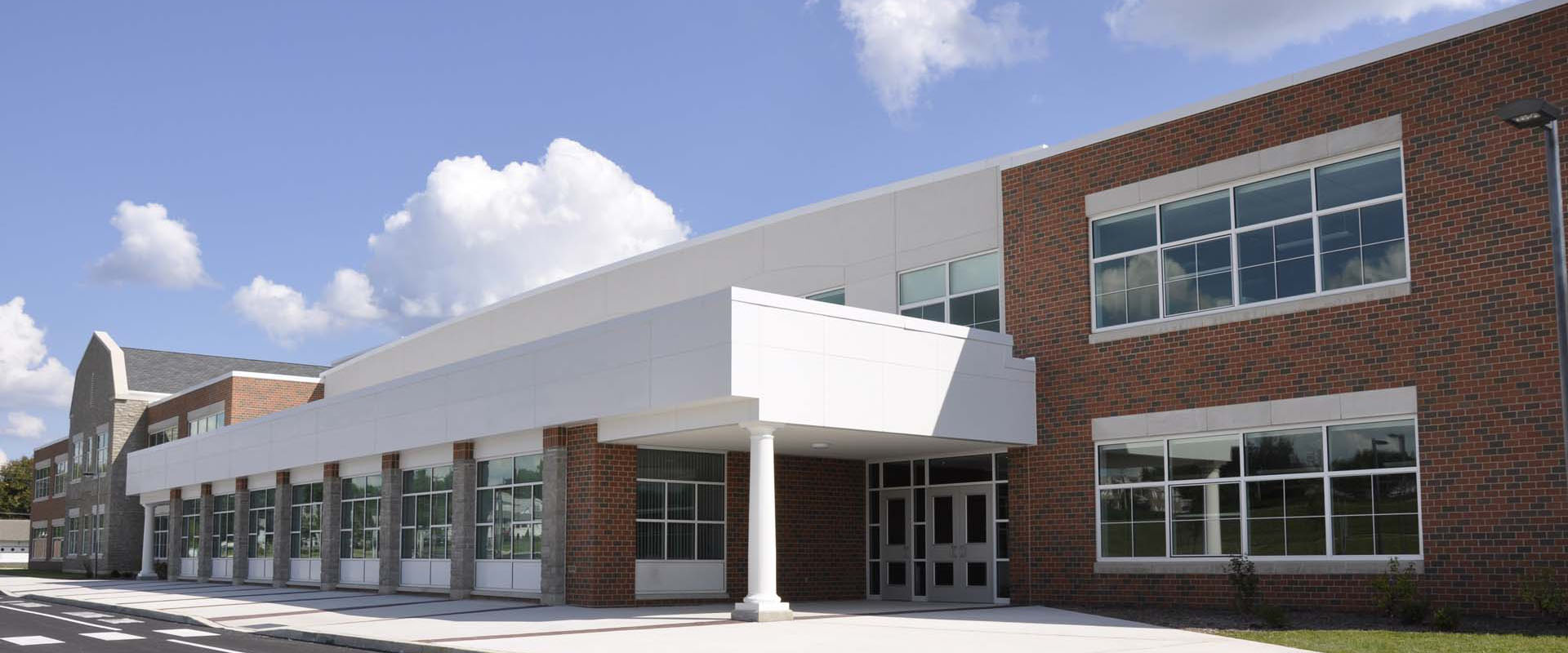Piggyback Contracts for Modular Components Are Ineligible for State Funding

Number 33
Last month, the State Allocation Board (SAB) affirmed its position that school districts and county offices of education must competitively bid contracts to acquire modular building components for installation on a permanent foundation, and that “piggybacking” may not be used. Importantly, SAB has determined that such piggyback contracts will not qualify for funding from SAB-administered programs if submitted after August 21, 2022. However, questions remain as to use of piggyback contracts for other types of factory-built buildings.
Background
Public Contract Code (PCC) section 20118 permits school districts to purchase “personal property” from a vendor without competitive bidding if they “piggyback” on a contract that the vendor has with another public agency, so long as the “same terms” are used in the new contract.
Factory-built buildings are often incorporated into school construction projects. However, the methods of contracting for them are complicated by the fact that there are at least two types of factory-built buildings.
One type of factory-built building is constructed on-site with modular building components. The law does not define “modular components,” but according to the SAB in 2004, “‘modular’ … refers to a facility comprised of multiple pre-manufactured building components, such as separate wall and floor systems, that are transported to a site where all components are assembled on a permanent foundation to form a complete building … .” (Emphasis added.) In 2006, the California Attorney General described them as “modular structural components” that are “attached at the building site” to create “permanent school buildings of varying dimensions, purposes, and architectural styles.” These descriptions generally seem to address use of multiple components, such as sections of walls, that are fabricated off-site and later assembled on-site.
Another type of factory-built building is assembled on-site with classroom modules and delivered as larger prefabricated units. According to the SAB in 2004, this manufacturing method involves “a typical relocatable classroom … which is typically factory-built as two complete building modules that are simply connected on-site and placed on temporary foundations.” (Emphasis added.) In 2006, the California Attorney General described this construction as “typical ‘portable’ or ‘relocatable’ single-classroom buildings.” In general, these classroom modules include, but are not necessarily limited to, units that are frequently called “portable classrooms” or “modular classrooms.”
Two decades ago, an issue arose as to whether piggyback contracts could be used by school districts for modular building components (the first type described above) being assembled on a permanent foundation. As a result, in 2005 the Office of Public School Construction (OPSC) asked the California Attorney General to provide an opinion on the use of piggyback contracts for such components.
On January 24, 2006, the Attorney General opined that piggyback contracts could not be used for such components. (89 Ops.Cal.Atty.Gen. 1, No. 05-405.) The Attorney General concluded that modular building components being installed on permanent foundations were not “personal property” within the meaning of the statute. However, the Attorney General specifically excluded “typical ‘portable’ or ‘relocatable’ single-classroom buildings” from the scope of the opinion because they did not have “permanent foundations” or “immovability.”
On February 22, 2006, the SAB accepted the Attorney General’s opinion and directed that competitive bidding be required for such contracts.
Fifteen years later, on July 7, 2021, the OPSC sent an e-mail to all school districts and county offices of education reminding them that based on the Attorney General’s 2006 opinion, piggyback contracts for “modular building components” were prohibited. In response to subsequent inquiries, on February 23, 2022, the SAB heard a presentation from staff on the topic, and then asked staff to prepare a follow-up item to discuss whether school districts should be allowed to use piggyback contracts for “modular school facilities.”
Last Month’s SAB Meeting
On June 22, 2022, staff presented its follow-up report to the SAB. Following discussion with staff and public comment, the SAB reaffirmed its 2006 decision that contracts for modular building components on permanent foundations must be competitively bid, and that piggyback contracts for such components are ineligible for funding from SAB-administered programs. However, due to recent uncertainty regarding the use of piggyback contracts, the SAB elected to allow funding of such a piggyback contract if the signed contract is submitted to SAB on or before August 21, 2022. For contracts submitted after this grace period, staff will review them to confirm that piggybacking has not been used for modular building components on a permanent foundation.
Regarding classroom modules on temporary foundations, the SAB’s June 22, 2022, decision does not appear to apply. As discussed above, the SAB and the Attorney General have previously distinguished classroom modules on temporary foundations from modular building components on permanent foundations. The SAB’s June 22, 2022, decision did not mention buildings on temporary foundations. As a reminder, even if the purchase of a portable classroom could otherwise be piggybacked for placement on a temporary foundation, the on-site construction work (utilities, foundation, landscaping, finishes, etc.) is probably subject to competitive bidding requirements (see the OPSC’s July 7, 2021, e-mail).
Last, it remains unclear whether the SAB’s prohibition of piggyback contracts extends to the common hybrid scenario of classroom modules on permanent foundations. The 2006 Attorney General opinion and 2006 SAB decision did not address such contracts. Portions of the June 22, 2022 Report of the Executive Officer broadly refer to “modular school facilities” and “modular construction,” which would seem to include both modular building components and classroom modules. Similarly, an OPSC July 5, 2022, letter to school districts and county offices of education generally stated that “modular school facilities must be competitively bid,” and it did not even mention modular building components. Therefore, it seems to be an open question whether SAB funding of piggyback contracts for classroom modules (such as portable classrooms) on permanent foundations will also end on August 21, 2022.
Takeaways
If a school district or county office of education wants to use a piggyback contract for modular building components on permanent foundations, and it wishes to obtain State facilities funding, then the signed contract must be submitted to the SAB on or before August 21, 2022. Any such contracts submitted after that date will not receive funding.
However, some aspects of this evolving area of law remain unclear. Therefore, when considering contract options for any factory-built or modular buildings, local educational agencies should – as recommended by the OPSC last year – “confer with your legal counsel ... so that you do not jeopardize State funding.”
If you have any questions regarding the SAB’s recent action, the 2006 Attorney General opinion, or piggyback contracting for modular buildings in general, please contact the authors of this Client News Brief or an attorney at one of our eight offices located statewide. You can also subscribe to our podcast, follow us on Facebook, Twitter and LinkedIn or download our mobile app.
As the information contained herein is necessarily general, its application to a particular set of facts and circumstances may vary. For this reason, this News Brief does not constitute legal advice. We recommend that you consult with your counsel prior to acting on the information contained herein.





